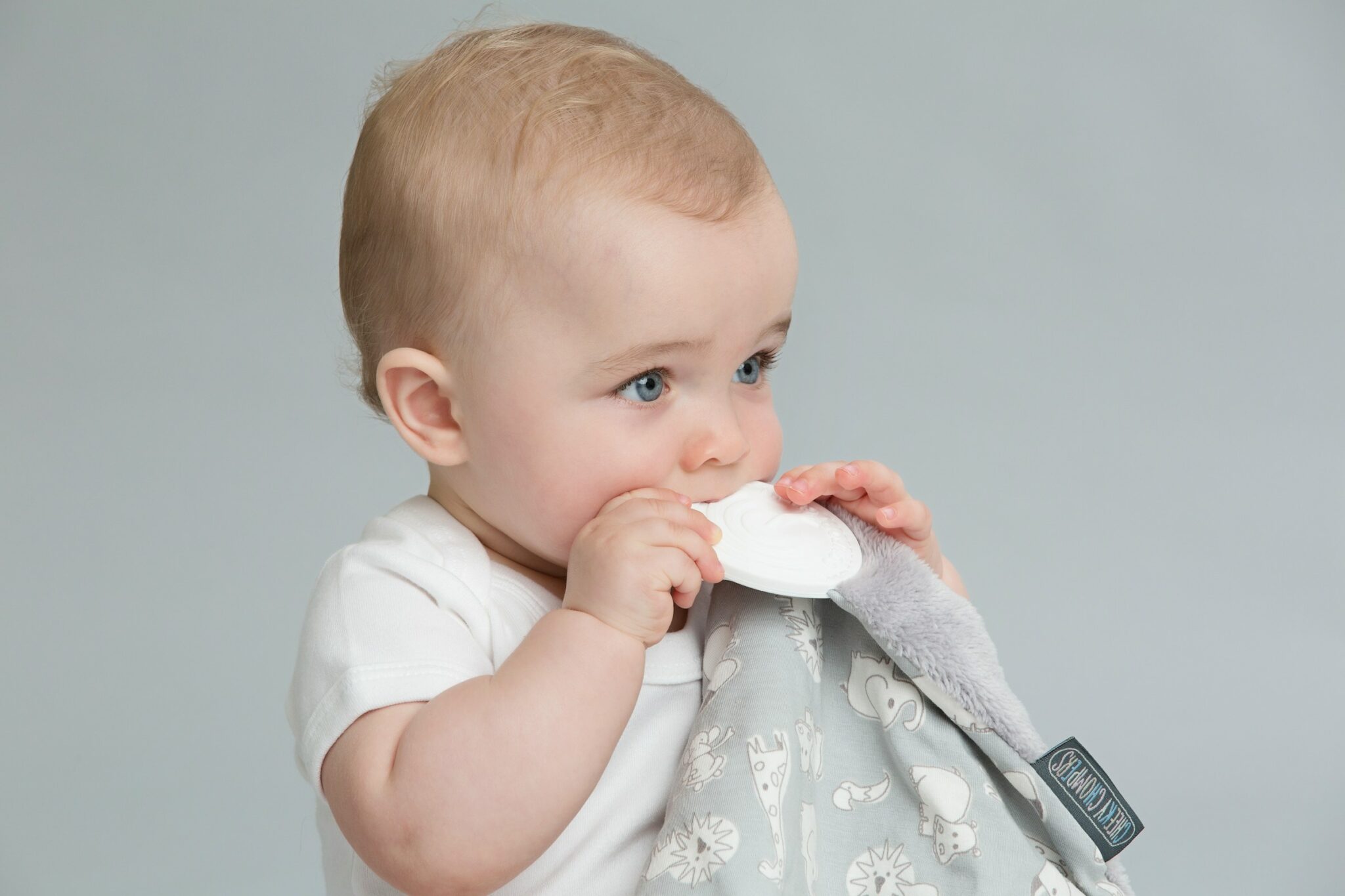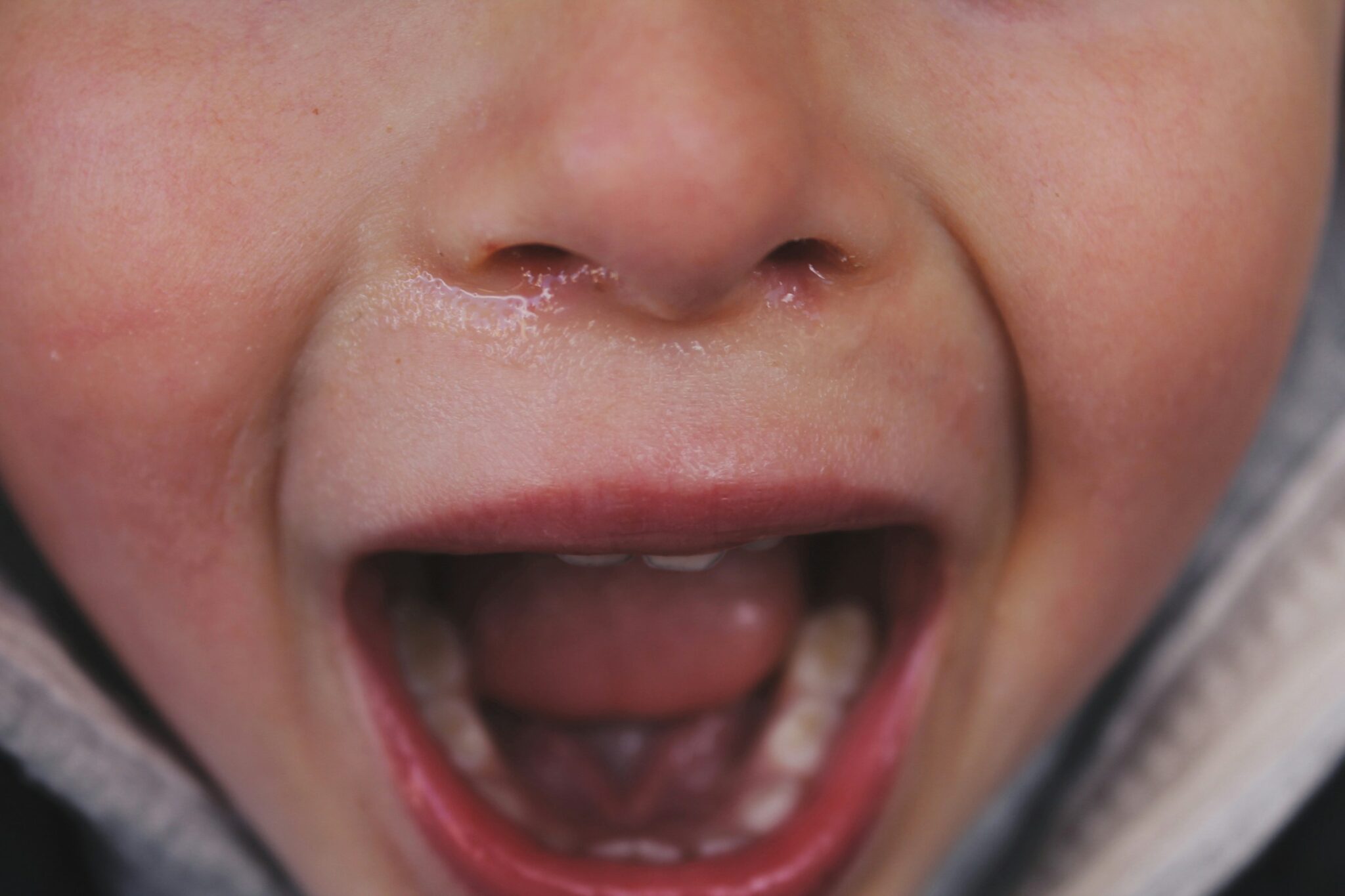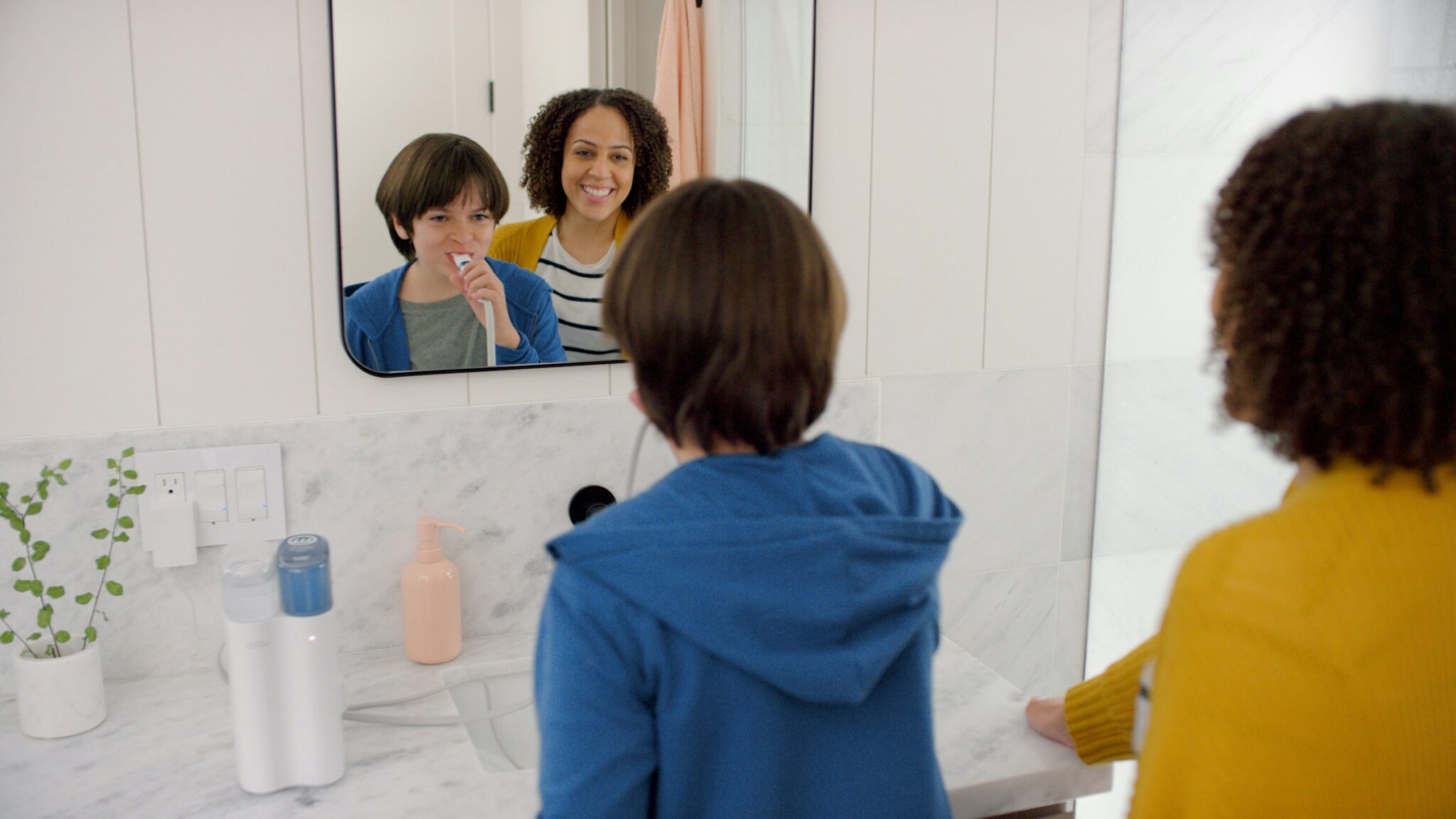This past May 5 was widely celebrated as Cinco de Mayo. But we also celebrated National Astronaut Day! The first American in space, Alan Bartlett Sheperd, Jr., launched into the atmosphere on May 5, 1961. The anniversary has since been dedicated to inspiring everyone to “reach for the stars.” A fun way to celebrate is to learn how astronauts do daily tasks in space, including caring for their teeth.
At Smiles Dentistry for Kids in Overland Park, KS, Dr. Matt and Dr. Craven appreciate the insatiable curiosity of children. That’s why we love to answer their questions, including (when we can) the unexpected queries, like, “How do astronauts brush their teeth?” We also encourage kids to reach for the stars with their own oral health by practicing outstanding dental hygiene.
To schedule an appointment for your child or to learn more about dental care for kids, contact our office today.
Dental Health Is Vital for Astronauts
If you want to be an astronaut, bravery and keen intelligence aren’t the only requirements. Astronauts must also have a clean bill of dental health before being allowed to enter orbit. Though good dentistry is important for everyone, it’s all the more vital for astronauts. This is because they are under tremendous pressure from G-forces during launch. Untreated decay or loose cavities can cause immense discomfort.
Brushing and Rinsing without Gravity
So how do astronauts keep their teeth healthy while they are in space? Isn’t it impossible to rinse and spit when there’s no gravity to keep things in place?
As it turns out, brushing in space isn’t too much different from brushing on earth. Astronauts use standard toothbrushes and toothpaste, usually sharing the same tube among crew members. After squeezing a drop of water onto the toothbrush from their water bags, they apply a small amount of toothpaste and brush thoroughly. When they’re done, they simply swallow the toothpaste. Then they use another drop of water to clean off the toothbrush, often physically sucking the water off the brush. If you want to see the process in person, you can watch astronaut Chris Hadfield here.
A word of advice: typically swallowing toothpaste isn’t encouraged. Consuming large amounts of toothpaste can lead to stomach pain and even blockage of the intestines. Even regularly swallowing a bit too much can result in a fluoride build-up, which can create white spots on your teeth. But in space, waste management is a high priority. So astronauts use small amounts of toothpaste that will not cause bodily harm when swallowed.
Dental Emergencies in Space
Another reason that dental health is so important for astronauts? There aren’t any dentists in orbit. Crew medical members (CMOs) have some medical training and are authorized to perform emergency dental treatment, including extractions. But in many cases, CMOs just don’t have enough dental knowledge. As a result, an oral health problem could result in an astronaut being sent home early.
Reach for the Stars with Your Own Dental Hygiene
Whether your child aspires to be an astronaut or simply wants to have an out-of-this-world smile, contact our office for great pediatric dental care.
Send us a message online or call us at (913) 685-9990.









